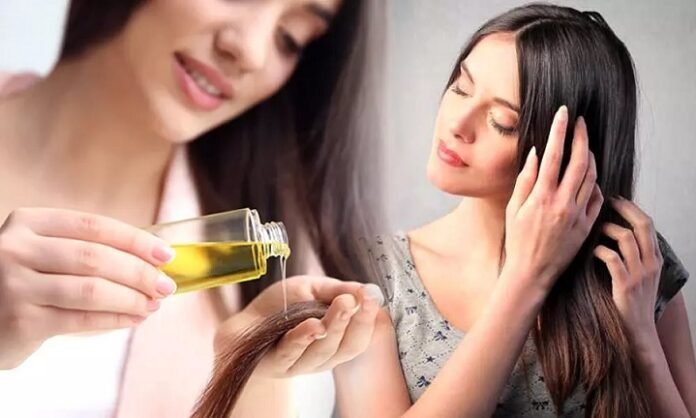Hair oils have been used for centuries across different cultures for their nourishing properties and benefits. The right oil can make a world of difference in the texture, shine, and health of your hair. But with the myriad of options available, how do you know which one is right for your hair type and concerns? Let’s delve into the best oils for various hair types and issues:
1. Hair Types
Fine Hair: People with fine hair might hesitate to use oils, fearing they will weigh the hair down. However, light oils can add shine and softness without making hair greasy.
Jojoba Oil: Mimics the natural oil produced by your scalp, making it great for fine hair. It hydrates without weighing hair down.
Grapeseed Oil: It’s a lightweight oil that won’t leave hair feeling greasy.
Curly Hair: Curly hair often suffers from dryness because the natural oils produced by the scalp have a harder time traveling down the hair shaft.
Coconut Oil: Penetrates the hair shaft, adding moisture and reducing protein loss. It can help define curls and reduce frizz.
Argan Oil: Known as ‘liquid gold’, it’s great for curly hair because of its moisturizing properties, providing shine and softness.
Thick/Coarse Hair: This hair type can tolerate heavier oils which can be immensely nourishing.
Olive Oil: A heavier oil that deeply moisturizes and conditions thick hair.
Castor Oil: It’s quite viscous, so it’s best for thicker hair types. It also promotes hair growth.
Oily Hair: Contrary to what one might think, the right oils can balance sebum production in oily scalps.
Jojoba Oil: Again, since it’s similar to the scalp’s natural oil, it can balance out sebum production.
Tea Tree Oil: It has antifungal and antibacterial properties, which can help with dandruff and scalp issues related to excessive oil.
2. Pre-Shower or Post-Shower?
Pre-Shower (Pre-poo treatment): This method involves applying oils before shampooing. This can protect hair from the harshness of shampoos, especially if using a sulfate-based shampoo.
Coconut Oil: When applied pre-shower, it reduces protein loss and protects hair from potential damage.
Olive Oil: Acts as a conditioner, making detangling easier post-shower.
Post-Shower: Applying oils after showering can seal in moisture, reduce frizz, and add shine.
Argan Oil: It’s an excellent leave-in conditioner. A few drops can be applied to damp or dry hair for added shine and softness.
Jojoba Oil: It can be used as a serum to give a glossy finish.
3. Oils for Hair Fall
Hair fall can result from numerous causes including stress, hormonal imbalances, poor nutrition, and more. Some oils can help in strengthening the hair and promoting hair growth:
Castor Oil: Rich in ricinoleic acid and omega-6 fatty acids, it increases blood circulation to the scalp, encouraging hair growth. It also strengthens the roots.
Rosemary Oil: For all the book of dead hair, here is your win. When massaged into the scalp, it can improve circulation, leading to an increased flow of oxygen and nutrients to hair follicles. It’s also believed to prevent premature graying and dandruff.
Lavender Oil: Its calming properties can help reduce stress, a common cause of hair fall. Moreover, a study found that lavender oil applied to mice made them grow more hair. Their hair also grew thicker and faster than usual.
Peppermint Oil: It can increase the number of hair follicles, follicle depth, and overall hair growth.
Amla Oil: Derived from the Indian gooseberry, this oil is rich in antioxidants and is known to strengthen the hair and scalp, reduce premature pigment loss from hair, and stimulate hair growth.
